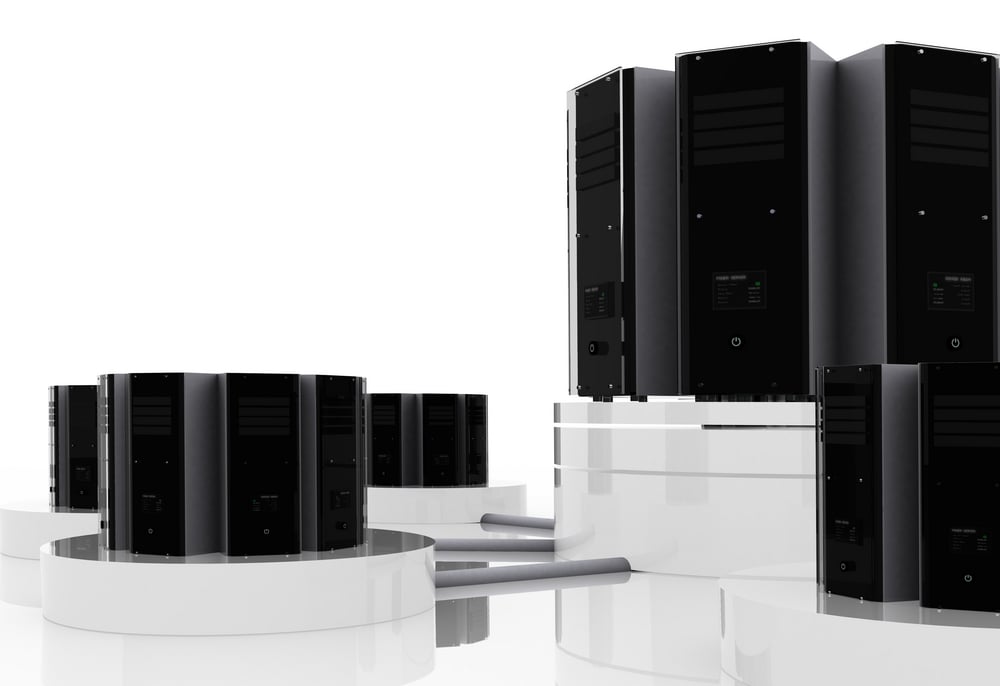
Topics:

When it comes to evaluating any potential change in your business architecture, one of your most important considerations will always be the issue of system requirements. Do I already have what I need to run this? If not, what kind of changes am I going to have to make? What sort of costs are going to be involved? When you have this information, you can do a true cost-benefit analysis and know whether a proposed change is right for you.
If you’re considering ERP Suites Scanability for your scanning solution, you’ll need to meet certain technical requirements for your JD Edwards tools release, operating system, and servers.
Scanability is an Orchestration-based barcode solution, so to run Scanability you’ll need a version that supports Orchestrations. The 9.2.4.6 Tools release eliminates bugs that were associated with 9.2.4.4 when running Scanability. Scanability works with either 32 or 64-bit JD Edwards.
AIS (Application Interface Services) and Orchestrator communication changed significantly with the release of 9.2.4 and is now much more stable. In addition, since AIS is an Oracle-supported server, customers running Orchestrations can leverage its benefits for applications other than Scanability. If you already happen to have an AIS server, you’ll likely need fewer servers compared to other JD Edwards barcode solutions.
Server Manager must be at least current with Tools release and AIS.
EnterpriseOne (E1) users in JD Edwards utilize an HTML server. We recommend customers have separate HTML servers for E1 application users and a separate AIS HTML pair for Scanability users and Orchestrations. This configuration helps to enhance performance, and if there is an issue with Scanability or Orchestrations, your JDE users won’t have to get out of the system while you work to fix it.
Having a separate non-production server allows for maintenance and testing without exposing the production environment to risks of major downtime.
Highest OS Release Level Supported by JDE Tools/Infrastructure (example: Windows 2016 or Oracle Enterprise Linux 7). Your Tools release will dictate which operating systems are supportable, and vice versa. Upgrading your Tools release often means you’ll have to upgrade your OS and infrastructure as well.
Your operating system must be patch current at provisioning. So, when the servers are created, all the various OS patches must be applied if you have not done so already.
With Scanability, you may already meet the server requirements saving you from adding excess hardware that other JDE scanning solutions require. For every 75 users, ERP Suites recommends running an additional AIS/HTML server. Below are the specific server requirements based on the number of concurrent users.
AIS/HTML Server
WebLogic
F5 or Netscaler is recommended for load balancing.
AIS Server (dedicated or combination server with AIS/HTML server).
WebLogic
Web server
AIS Server (dedicated or combination server with AIS/HTML server).
WebLogic
Web server
Scanability is a unique JD Edwards barcode solution because it works within your network with secure communication over HTTPS. An internet connection is only used for the initial implementation, device setup, and for configuring updates. This is configurable to limit and/or restrict device access.
Also, to take advantage of Scanability Analytics, the devices need access to AWS (Amazon Web Services). Every 15 minutes, data is dumped from all devices for analytics processing.
You can learn more about Scanability on our blog. Contact us with any questions you have and to get a demo of the platform.
Frank Jordan is a CNC technology consultant with over 300 customer engagements. Read Frank Jordan's blog on JD Edwards and ERP technology. His work with JD Edwards Orchestrator Studio earned ERP Suites three Distinguished Partner Awards for digital innovation at Oracle Partner Summit. Frank is the co-author of Advanced Tuning for JD Edwards EnterpriseOne Implementations and a frequent conference presenter.
Topics: